Modes of Ministry
There’s no one way of engaging in ministry with young people in the Catholic Church. In fact, there are probably as many ways of ministering as there are ‘ministers’ and those with whom we minister. That is to say, ministry reflects the needs of the individual in the community and the gifts of the minister.
In the Archdiocese of Adelaide, the term youth ministry is understood as the general responsibility of the Christian community to all young people. This kind of youth ministry encompasses services and opportunities on a large scale, local parish, school or community as well as domestic and familial level. Ministry with young people also includes wide reaching, social works such as Catholic education, social services, health care and community development. At the domestic level it may include building relationships with one’s own children, grandchildren, neighbours and young friends. This broad scope of youth ministry allows for a greater potential for the Gospel to be shared and lived in the world as well as greater possibility of the participation of the people of God in the work of youth ministry.
The following are some examples of ‘modes’ of ministry with young people.
Internal
Youth ministry is conducted in various modes. Four modes are discussed here. One such mode is that which is conducted within the Christian community. This might be referred to as an internal mode and is most often associated with the term youth ministry (adopted in the 1960’s and 1970’s from Protestant Evangelicals). This modality of youth ministry often conjures images of young people gathered in a circle singing songs, eating pizza and playing games. However, it may also include regular participation in Sunday worship, the various ministries and works of the community, sacrament preparation, formal and information catechesis and participation in community life. In other words, internal youth ministry is Catholic ministry for Catholic young people. It is about belonging, culture building, discipleship and faith formation.
In this modality, it is easy to become exclusive, self-referential, and closed off. However, when the vision is cast outward, beyond the doors of the church, This kind of youth ministry can provide a sense of identity, mission and refuge.
Missionary
Missionary youth ministry is what is sometimes referred to as the youth apostolate. That is, the work of baptised young people living out the Gospel in the world. Pope Francis often speaks of young people as ‘protagonists of change’ and having great potential to make a difference in the world. Missional youth ministry is the work of the Christian community in assisting young people to discover their individual and collective role to give expression to the Reign of God in the world and in the Church. For some young people this will translate into working for social or ecological justice, for others it may mean finding a career in service of others. Others may find themselves a part of group or movement of young people whose mission aligns with the Church’s, such as YCW, Antioch, Youth for Christ, Vinnies, etc.
A potential pitfall for mission-focused youth ministry is the detachment from faith and spirituality. Groups that retain their connection to faith through formation, reflection and prayer are better able to sustain their ministry and identity.
Popular/Grassroots
Another mode of youth ministry is what Pope Francis calls popular or grassroots youth ministry. This mode of youth ministry is broad, diverse and perhaps alarmingly inclusive. This mode of youth ministry has no hidden agenda to convert sinners or deal secret catechesis (though it may be a bi-product of authentic ministry to young people). Popular youth ministry refers to the work of the Christian community to discover the place where young people already are, provide support, particularly in leadership development, and encouraging what good already exists. This kind of young ministry is for all young people regardless of creed, identity, social or economic status or view of the Catholic Church. It is the kind of youth ministry which seeks to provide environments for young people to encounter the love of God through community, discovery of purpose in life, and opportunities to learn, develop skills and share their gifts with the world.
Synodal / Accompaniment
The final mode we present here is that of synodality or accompaniment. More than a churchy buzz word, synodality is a way of being church together. The term is derived from the Greek, meaning. On the road (or way) together. In terms of youth and young adult ministry, synodality refers to the inclusion of young people, not just as recipients of the gifts of the Church, but as partners, full, active and responsible participants in its life and mission in the world.
The 2018 Synod of Bishops on Youth, Faith and Discernment for Vocation serves as case study in synodalilty with young people. Pope Francis invited young people to participate in the various processes of consultation, dialogue, discernment and even the writing of the synod’s Final Document at every step of the way, before, during and even now well after the conclusion of the Synod.
These are a just a handful of the kinds of modes that exist in ministry with young people. What is your mode? What would you add to this list?




